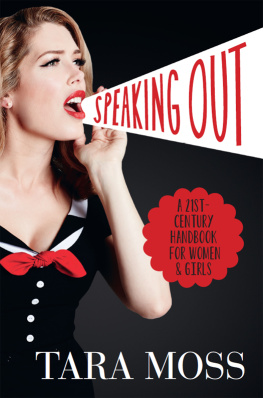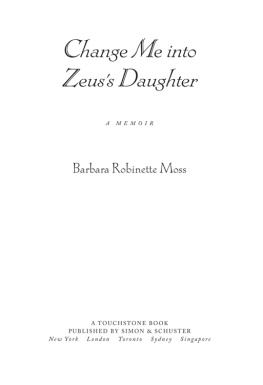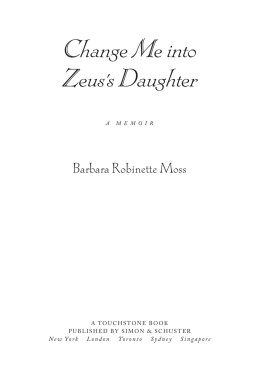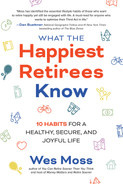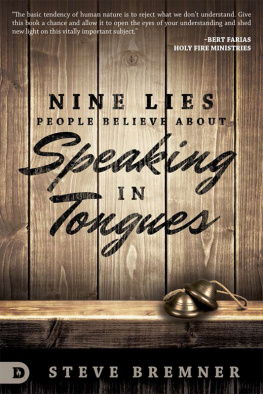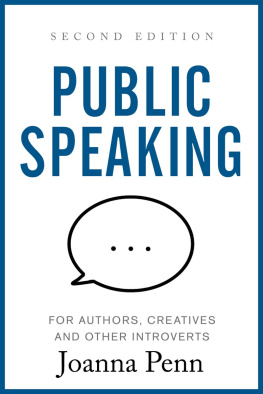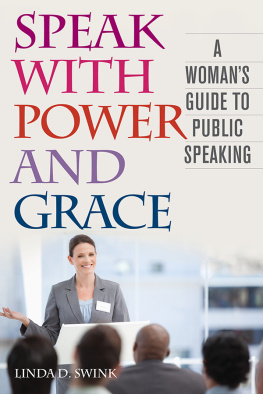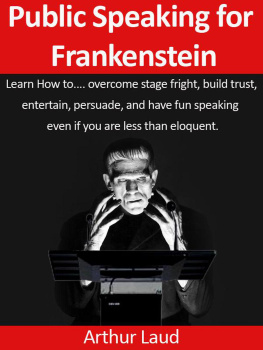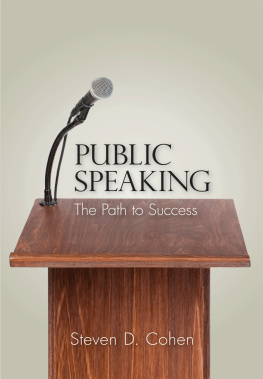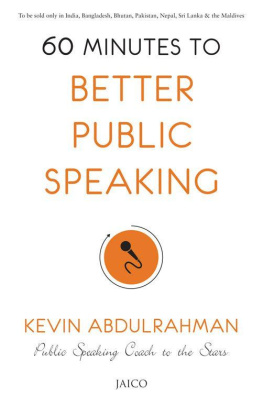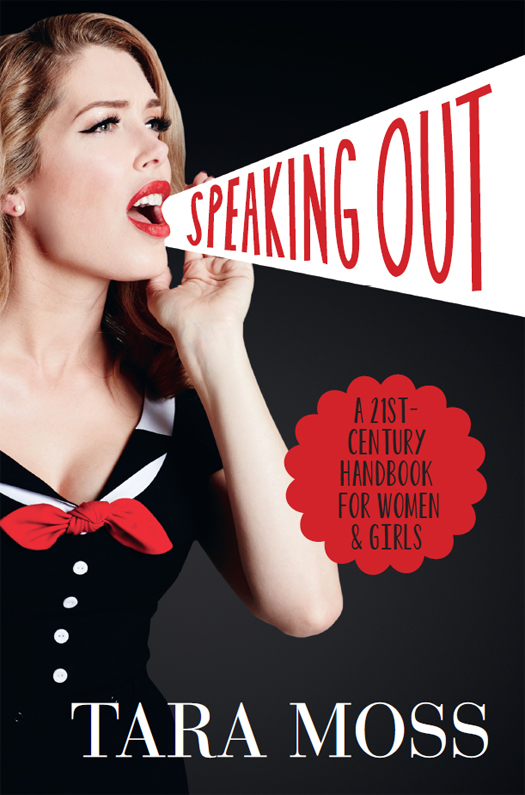To all the women who got us here
Antifeminist Bingo card reproduced with kind permission from Sarah Grey; Extract from Harvard Study on Womens Experiences at Harvard Law School reproduced with kind permission from Adam Neufeld; Extract from Lawstuff website reproduced with kind permission from Lawstuff; Extract from Q&A reproduced with kind permission from the Australian Broadcasting Corporation; Information on vicarious trauma reproduced with kind permission from Rape & Domestic Violence Services Australia; Information on voice training included with kind permission from Lucy Cornell, Voice Coach; Personal stories of survival included with kind permission of Van Badham, Rosie Batty, Carly Findlay, Amy Gray, Amanda Palmer, Karen Pickering, Natasha Stott Despoja, Miranda Tapsell, Saba Vasefi and Mariam Veiszadeh.
The author gratefully acknowledges the permission to reproduce copyright material in this book. Every effort has been made to trace and acknowledge copyright. Where the attempt has been unsuccessful, the author would be pleased to hear from the copyright holder to rectify any omission or error in a future reprint.
Contents
Guide

Having a voice is part of what makes us human, and freedom of speech being allowed to use our voice is one primary sign of living in a free society. As social animals, communication is a central part of being human. Speaking and being heard is a vital acknowledgment of both our status as fellow beings worthy of being heard and our similarities, and for this reason many a philosopher has contemplated just how differently we might treat animals if they were able to speak our language or we theirs. Language connects us. Our voices connect us. When we are silent or unheard our ideals and perspectives, our needs, our pain, and our struggles remain unknown or unacknowledged; and often for this reason, unchanged.
Despite the relative freedom we enjoy in the West (a term which commonly includes Australia and New Zealand, quite East) and new opportunities to speak out, including on digital platforms and social media, commenting on a subject in the public sphere is not always easy or simple. There are specific challenges that face many segments of the population in speaking out and being heard, or surviving the process. These include challenges relating to gender, race, sexual orientation, class, culture and disability. In this book I aim to examine the challenges posed by gender specifically those facing women and girls the external obstacles of silencing, dismissals, bullying and threats of violence, and the internal challenges of crises of confidence, and knowing just how and when to speak out.
Why write this book? Because the world has become more receptive to the voices of women in recent decades and at the same time it has become more violently opposed to womens voices. Today, when less than one out of every four people we hear from or about is female, this fact bears examination. Just what are women experiencing when they speak out? If you want to be heard, what strategies work? This book attempts to answer some of those questions, and more.
Technology has created exciting new opportunities to speak out. A lot of our interaction with the world, including private communications and public speaking out, is now performed digitally, from simple social-media communications or instant messages to blogs and other electronic publishing. Technology has provided new spaces for people to respond, sometimes politely and constructively, sometimes savagely, with women emerging as particular targets of online harassment and abuse, in gendered and even violently sexualised ways. As many women like myself know all too well, having an opinion as a woman online now comes with gendered abuse, almost as an expectation. Speak out against rape and murder... get rape and death threats. Speak out against inequality and have your f*ckability rating assessed by trolls, who presumably think this is the only use for a woman.
Recognising the common language and methods used by trolls and abusers does not necessarily remove these unpleasant realities but it does provide perspective, and helpful armour. For this reason, Speaking Out focuses on several forms of speaking out, including public speaking and writing, but has a particular focus on online experiences; what can happen and what can be done about it, with advice from women who have been there.

This book is divided into three parts, with the aim of answering the basic questions: WHY should I speak out? HOW do I speak out? And finally, WHAT MIGHT I EXPECT when I speak out? Of course, this book cant really be categorised so neatly theres material on WHY and HOW to speak out, and WHAT TO EXPECT in almost every chapter. Broadly speaking, however, the chapters in this book are divided into that framework so that I am able to put my case to you first (arguing your point is important when speaking out, as we will discuss later) before giving tips on how to make your case and how to survive speaking it.
One of my aims is to give practical advice to anyone who feels trepidation about the critics both the constructive kind and the unconstructive and the trolls. But another is to build confidence and knowledge through shared experience. Because by retelling our triumphs and failures, and the responses we got along the way, we get a greater sense of strength. By comparing notes, we can learn to recognise and differentiate constructive criticism from the silencing and the trolling, and most importantly, know that we are human and in this together.
This is a twenty-first century guide for speaking out.


Why do we need more diversity and womens and girls voices? Why should you speak out? It is essential that we understand the basics of why it matters, what common issues arise specifically for women and girls, and what the public playing field, so to speak, currently looks like.
Though not everyone identifies as male or female, it is safe to say that roughly half of the population are female, half male and it is therefore notable that despite this fairly even distribution of the sexes throughout the world, the participation in public life and in the corridors of power is significantly male-skewed. (And not just any male, as we will discuss. Race, class and other issues factor in.) This disparity is widespread, but is by no means consistent from country to country, nor has it been consistent from age to age. The disproportionate focus, influence and power afforded to one demographic and one sex is not inevitable or natural any more than it has been static from decade to decade. The opportunities afforded to me, and most of the women and girls reading this, are very different than they were 25 years ago, let alone 50 or 100 years ago. The interim has brought social, cultural and political change. The fact that level of inequality can change is vital to know, before we get down to some of the methods you might use to prepare to speak out, do it, and survive to do it again.

